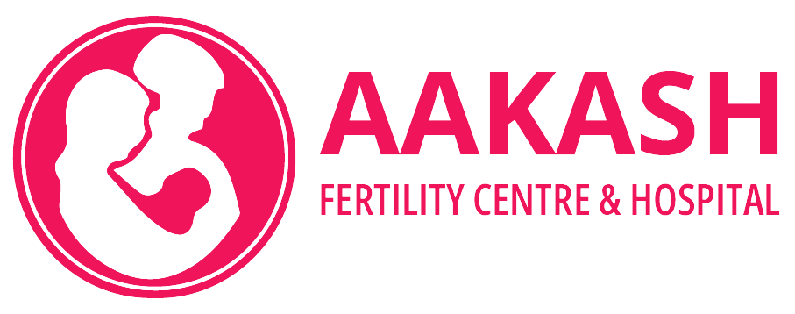An ovarian cyst is a fluid-filled sac that can form within or on the surface of the ovaries. These cysts are common among women, and while many are harmless and resolve on their own, some may cause pain or complications. Ovarian cysts can vary in size and may or may not be associated with symptoms.To book an appointment for ovarian cyst treatment, contact Aakash Fertility Hospital top IVF hospital in Chennai.
What are the signs and symptoms of ovarian cyst?
- Pelvic pain during or before periods
- Painful intercourse
- Pain in the thighs or lower back
- Vomiting and nausea
- Painful bowel movements
- Breast tenderness
- Abdominal swelling or bloating
- Indigestion
- Frequent urination
What are the causes of ovarian cyst?
Follicle Development Issues: When the ovarian follicle, which usually releases an egg during the menstrual cycle, fails to open and release the egg or closes up after the egg is released, a cyst can form.
Endometriosis: This condition occurs when tissue similar to the lining of the uterus grows outside the uterus, and it can lead to the development of cysts.
Polycystic Ovary Syndrome (PCOS): Women with PCOS often develop small cysts on their ovaries due to hormonal imbalances.
Dermoid Cysts: These are formed from cells present in eggs and can contain tissues like hair or skin.
Cystadenomas: Cystadenomas are cysts that form on the outer surface of an ovary, typically containing a fluid resembling water or mucus.
Medical Conditions: Certain medical conditions, such as hypothyroidism or tumors, can influence ovarian cyst formation.
Hormonal Imbalances: Fluctuations in hormone levels, including estrogen and progesterone, can contribute to cyst development.
How to diagnose ovarian cyst?
Medical History: The healthcare provider will inquire about the individual’s symptoms, menstrual history, and any relevant medical conditions. Information about the onset, duration, and characteristics of symptoms is crucial.
Physical Examination: A pelvic exam allows the healthcare provider to feel for any abnormalities in the ovaries, uterus, or surrounding tissues. This may help identify the presence and general characteristics of a cyst.
Imaging Tests:
Ultrasound: This is a key diagnostic tool. Transvaginal ultrasound provides detailed images of the ovaries, helping to confirm the presence, size, and characteristics of cysts.
CT Scan or MRI: In some cases, especially if the cyst is large or if there are concerns about its composition, additional imaging tests like CT scans or MRIs may be recommended.
Blood Tests: Hormone levels, such as those of estrogen and progesterone, may be measured to help determine if the cyst is hormone-producing and to assess overall hormonal balance.
Pregnancy Test: In reproductive-age women, a pregnancy test may be conducted to rule out the possibility of a cyst being related to early pregnancy.
CA-125 Blood Test: This test may be performed, especially if there is a concern about ovarian cancer. Elevated levels of the CA-125 protein can indicate the presence of certain ovarian conditions, but it is not specific to ovarian cysts.
What are the treatment options for ovarian cysts?
Medications:
Doctors may recommend hormonal birth control pills to prevent the development of new ovarian cysts or diminish the size of existing ones.
Surgical Removal:
If the cyst is significant in size, causing severe symptoms, or if there are suspicions of cancer, your doctor may advise surgery for its removal.
Surgical removal can be done laparoscopically (minimally invasive) or through open surgery, depending on the cyst’s characteristics and your overall health.
Ovarian Cystectomy:
In cases where the cyst is benign and preserving the ovary is crucial, especially for women wishing to maintain fertility, a cystectomy may be performed. This involves removing only the cyst while leaving the rest of the ovary intact.
Oophorectomy:
In some cases, when the cyst is large or poses significant risks, the entire ovary may need to be removed. This procedure is known as an oophorectomy.
If you’re facing symptoms or concerns about ovarian cysts, seek prompt medical advice for the right course of treatment. Dr. Jeyarani Kamaraj or Dr. Niveditha Kamaraj can provide personalized guidance and care at Aakash IVF hospital.
– Aakash Fertility Centre & Hospital
Book Appointment : +917871233333

